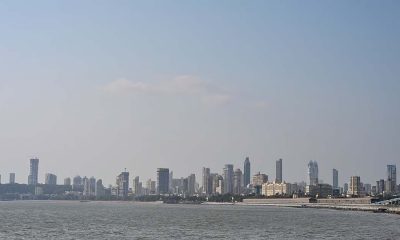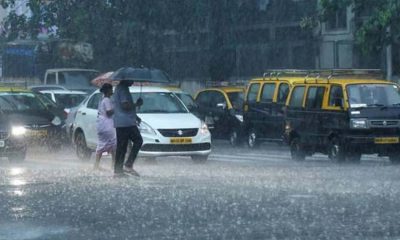Maharashtra
Navi Mumbai: NMMC undertakes 24-hour water cut on Monday; citizens irked

As the city simmers in hot temperatures, the Navi Mumbai Municipal Corporation (NMMC) has announced a 24-hour water supply shutdown in city on Monday morning. The announcement has irked citizen groups.
NMMC’s executive engineer for water supply notified the people that the water cut has been undertaken due to several works in city. The works are the Panvel-Karjat double railway line at Chikhale, pipeline work at Kalamboli under the Expressway bridge, work at the water purification centre at Bhokarpada and maintenance of the Morbe-Dighe pipeline.
NMMC said that the water supply will be disrupted from 10 am on Monday to 10 am on Tuesday, according to the notice and it cautioned that areas from Dighe to Kamothe will not receive water.
Citizens say water cuts without alternate arrangement is troublesome
NatConnect Foundation’s BN Kumar told the municipal commissioner that water cuts without alternative arrangements are troublesome for public.
Kumar said that the public will be greatly inconvenienced including those housing societies with storage facilities will be affected as the supply pressure will be lower.
“The situation for a majority of people with no sump and overhead tank facilities is going to be hellish,” he said. “As it is, the tanker mafia rules the roost during such crises and there is no guarantee they will not take undue advantage of the situation,” he added.
Since Monday and Tuesday are going to be working days after a long weekend break starting from Good Friday, the office-going people would have to suffer a lot, Vishnu Joshi of Parsik Greens said.
NatConnect also sought to draw the attention of urban planners that the NMMC draft development plan does not take into consideration the pressure that is going to arise due to the massive multi-storeyed redevelopment and other housing and commercial projects getting ready now.
“One shudders with the very thought of the future shock as the city administration is unable to cope with the current population level,” Kumar said.
Maharashtra
Mumbai Local Trains On Central Line Hit As Freight Engine Fails Between Neral & Vangani
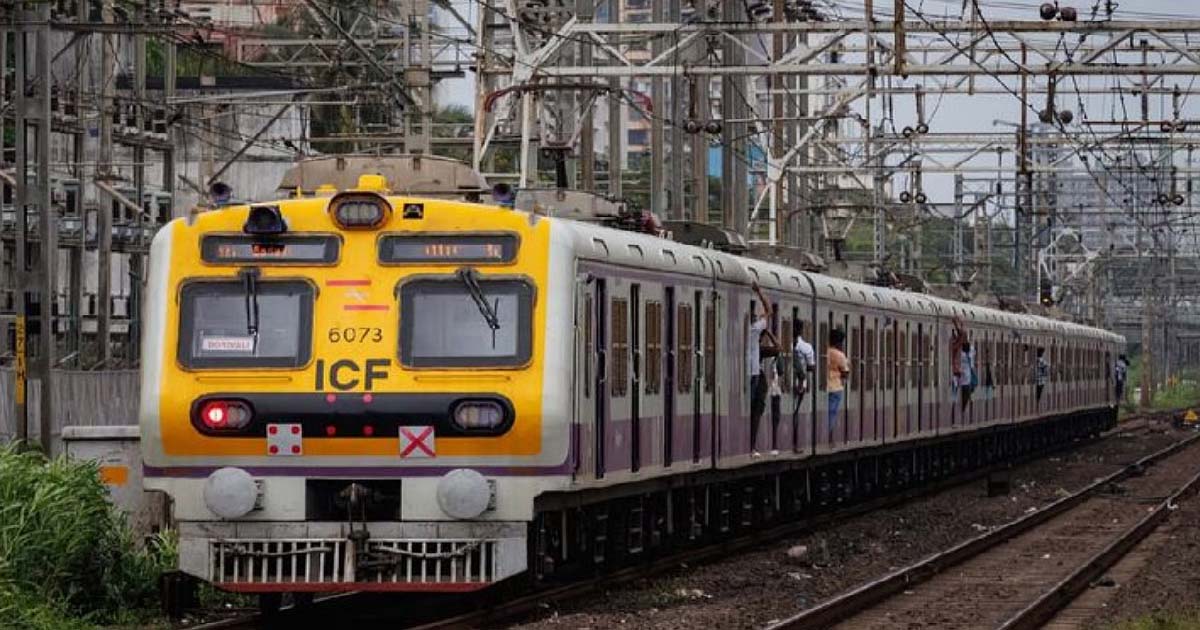
Mumbai: A diesel freight locomotive failure between Neral and Vangani early Friday morning caused significant disruption to Mumbai’s Central Railway (CR) services, delaying local and express trains during the peak rush hour.
At 8.13 am, a Sanath Nagar (Secunderabad)–JNPT freight train suffered a diesel locomotive failure and came to a halt at the Vangani Home signal on the Up line. The train blocked the main track, paralysing suburban and long-distance operations on the busy Neral–Vangani section.
Railway officials confirmed that the section was occupied and no train could move until the stranded freight rake was cleared.
The control office was alerted immediately, and on-site efforts to restart the diesel engine were made but proved unsuccessful. A decision was then taken to dispatch an assisting locomotive from the rear to move the failed train.
The relief loco arrived promptly, coupled to the stranded rake, and successfully cleared the section by 9.15 am — restoring normal train movement after one hour and two minutes of disruption.
The incident led to cascading delays across CR’s suburban network. The S-18 local service was among the first to be detained due to the blockage.
Two major long-distance trains — Train No. 11010 (Pune–CSMT) and Train No. 12124 (Pune–CSMT) — were diverted via Panvel to avoid further congestion and ensure minimal inconvenience to long-distance passengers.
Several subsequent suburban trains also faced delays as services were gradually normalised after clearance.
Freight movement in adjoining sections was briefly regulated until the failed locomotive was moved to the nearest station for inspection and repairs. Railway officials have initiated a technical assessment to determine the exact cause of the failure and prevent similar incidents.
Normalcy Restored After One Hour
By 9.15 am, train operations were fully restored on the Neral–Vangani stretch. Officials lauded the prompt coordination between the control room and the field team, which helped contain the disruption within a short span.
Maharashtra
Rohit Arya, who held 20 children hostage, died during treatment after being shot.
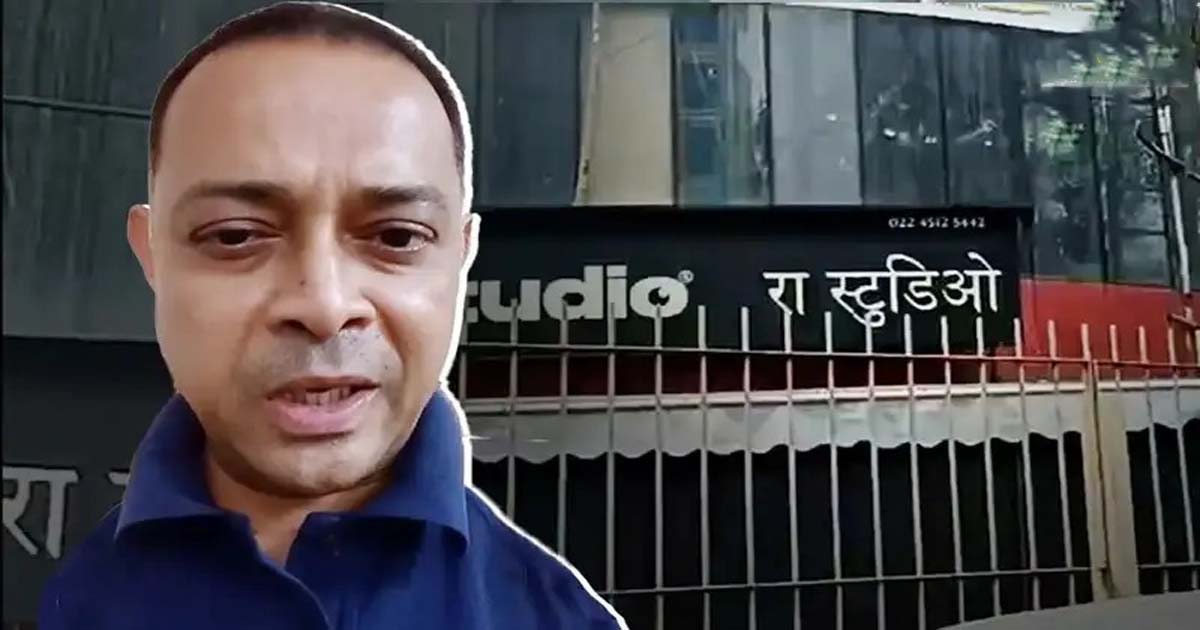
Rohit Arya, the accused who held 20 children hostage inside a studio in Mumbai’s Powai area, has died. The accused, Rohit Arya, had taken the children hostage and also fired at the police. Police retaliated, injuring him, and he died during treatment.
Rohit Arya was mentally ill. He had taken 20 children hostage at RA Studios in Powai. Upon receiving information, police immediately arrived at the scene and attempted to apprehend him. During this, Rohit Arya opened fire on the police, who retaliated, injuring him. He was immediately taken for treatment, but died during treatment.
Earlier, the accused, Rohit Arya, had released a video admitting to holding the children hostage. Police had stated that Rohit Arya was mentally ill. Police had safely rescued all the children from his custody.
Maharashtra
Making Vande Mataram compulsory is illegal: MLA Raees Shaikh writes to the Chief Minister and Education Minister, demanding withdrawal of the order
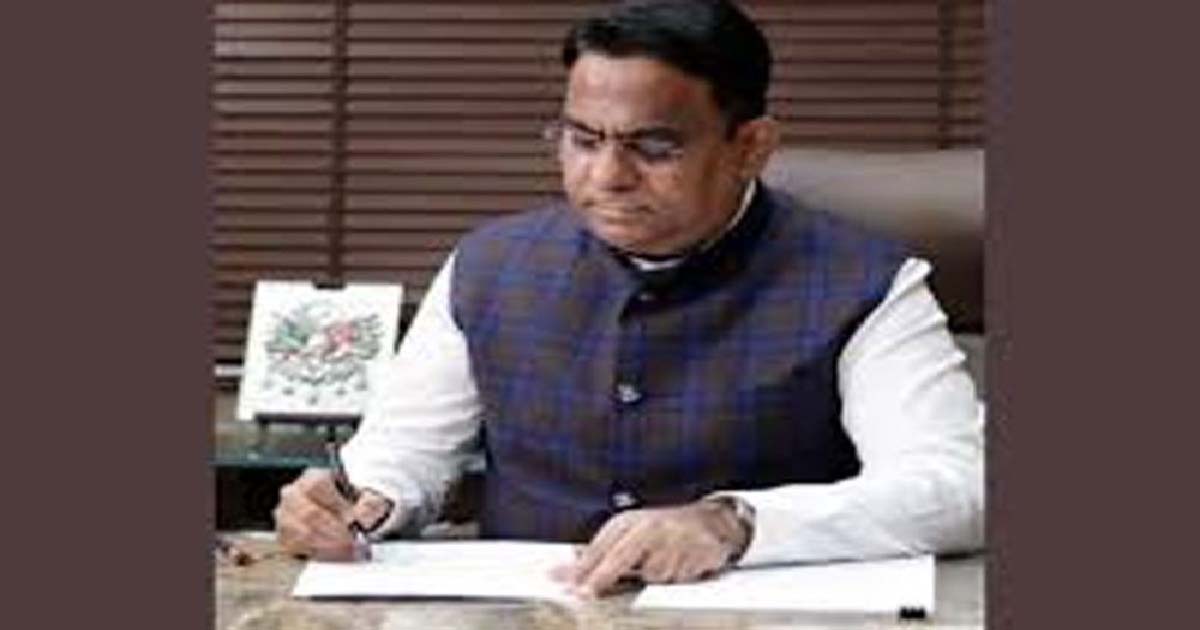
Mumbai: Samajwadi Party’s Bhiwandi East MLA Raees Sheikh has demanded that the Chief Minister and the Education Minister should revoke the ban imposed on all schools in the state on making the national song ‘Vande Mataram’ written by ‘Bankam Chandra Chatterjee’ mandatory on October 31.
In this regard, MLA Raees Sheikh said that ‘Jan Gana Man’ written by Rabindranath Tagore is the national anthem of India. However, the government’s order to sing the song in all schools in the state on October 31 and organize a song exhibition between October 31 and November 7 in the context of the 150th anniversary of the national anthem ‘Vande Mataram’ is illegal. Any organization should write a letter to the Minister of State for School Education Pankaj Bhuyar and the Education Department should immediately declare ‘Vande Mataram’ a mandatory song for all schools in the state, this is not good governance in a progressive state like Maharashtra.
The condition of schools and education in the state is deteriorating. It is the duty of the government to provide quality education. However, the government is discriminating by including religious issues like ‘Vande Mataram’ in the education sector. Making ‘Vande Mataram’ a mandatory song is a violation of the rights granted by the Constitution. There have been many discussions on the issue of ‘Vande Mataram’ till date. MLA Rais Sheikh said in the letter that ‘Jan Guna Man..’ is the national anthem of India and the national anthem should be given a place of honor, sanctity and respect everywhere, it has been agreed upon.
-

 Crime3 years ago
Crime3 years agoClass 10 student jumps to death in Jaipur
-

 Maharashtra1 year ago
Maharashtra1 year agoMumbai Local Train Update: Central Railway’s New Timetable Comes Into Effect; Check Full List Of Revised Timings & Stations
-

 Maharashtra1 year ago
Maharashtra1 year agoMumbai To Go Toll-Free Tonight! Maharashtra Govt Announces Complete Toll Waiver For Light Motor Vehicles At All 5 Entry Points Of City
-

 Maharashtra1 year ago
Maharashtra1 year agoFalse photo of Imtiaz Jaleel’s rally, exposing the fooling conspiracy
-

 National News1 year ago
National News1 year agoMinistry of Railways rolls out Special Drive 4.0 with focus on digitisation, cleanliness, inclusiveness and grievance redressal
-

 Maharashtra12 months ago
Maharashtra12 months agoMaharashtra Elections 2024: Mumbai Metro & BEST Services Extended Till Midnight On Voting Day
-

 National News1 year ago
National News1 year agoJ&K: 4 Jawans Killed, 28 Injured After Bus Carrying BSF Personnel For Poll Duty Falls Into Gorge In Budgam; Terrifying Visuals Surface
-

 Crime1 year ago
Crime1 year agoBaba Siddique Murder: Mumbai Police Unable To Get Lawrence Bishnoi Custody Due To Home Ministry Order, Says Report









